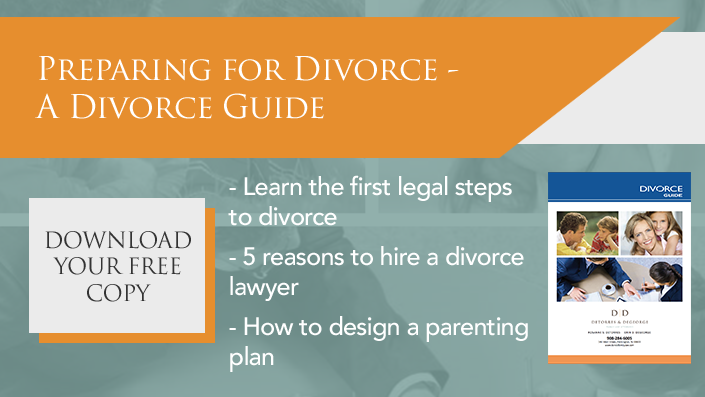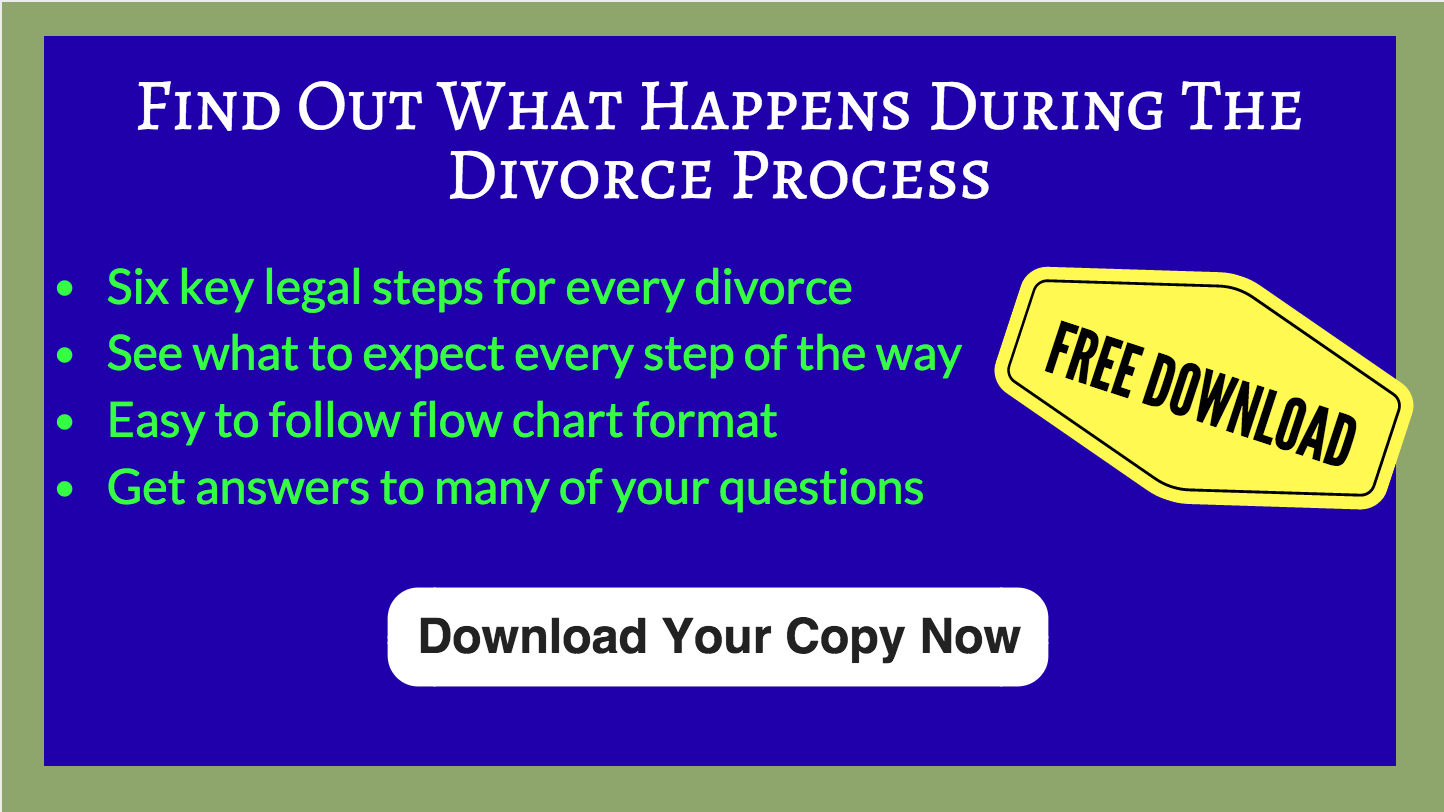Social media is probably a big part of your life, but now that you’re thinking about getting a divorce, you may be wondering if your online life could affect your legal situation.
When you’re going through a separation or divorce, sharing your thoughts and your pain with your online friends may seem like a great way to get support. Unfortunately, anything you post online is there for the world to see. Your tweets, Facebook posts, Instagram photos, Foursquare check-ins, and Google+ postings can be used as evidence in your court case. Photos of you hanging out with your friends or of your child with a sad face or dirty clothes could be used to convince a judge you aren’t a responsible parent. Posts about vacations, dinners out, or purchases could cause a court to think you have more disposable income than you are disclosing. And anything derogatory you say about your spouse could be considered libel.
All of this means that you must be very careful about what you share, say, upload, or post online. Before posting anything, ask yourself if you would want the judge to see it. If the answer is no, don’t post it. You should also go back through your past posts and delete anything that is at all questionable. This doesn’t remove it from cyberspace, but it does make it more difficult for your ex to find. Try to reserve conversations about your divorce for in-person discussions with friends.
The flip side of the coin is that social media can be a way for you to gather evidence for your own case. You can try to monitor your spouse’s online postings for anything that might help your own case and share it with your attorney.
If you’re considering a divorce, DeTorres & DeGeorge LLC can help you understand how to deal with social media in the context of your divorce so you are protected.


 START LIVE CHAT
START LIVE CHAT











